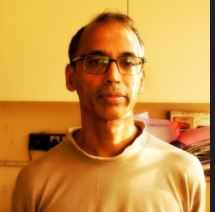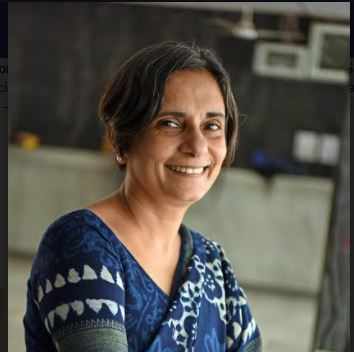
No vaccine is 100% safe, but no reason to junk them: Experts
While the wait for a Covid-19 vaccine mutates into apprehension, experts say no vaccine can be 100% ..
While the wait for a Covid-19 vaccine mutates into apprehension, experts say no vaccine can be 100% safe — there will always be side-effects. So, what is needed, they suggest, is accountability and transparency.
“We all know that no drug, no vaccine is 100% safe. There are always side-effects and the Covid vaccine will be no different,” said clinician scientist and virologist Dr Gagandeep Kang, professor at The Wellcome Trust Research Laboratory, division of gastrointestinal sciences, Christian Medical College, Vellore. “When vaccines are tested in clinical trials, they are tested in tens of thousands of people in phase-III studies (the penultimate stage), but even that size of trial will not detect a rare side-effect that might happen in one in one lakh people who get the vaccine. What we need is for the vaccines to be used, but with safety monitoring,” Kang told TOI on Friday.
Prof Raghavan Varadarajan works at the Molecular Biophysics Unit at the Indian Institute of Science in Bengaluru
For that monitoring, India has a National AEFI (Adverse Event Following Immunization) committee that investigates side effects caused by vaccines. “Much has improved with AEFI surveillance over the last decade, but the problem is how do you know if all events are reported? The way the reporting system is set up, the people who administer the vaccine are the ones who need to report the problems. If you report, you may be in trouble. If you dont report, then theres a problem with national monitoring,” said Kang. Data from the Immunization Technical Support Unit, which operates under the Union health ministry, show that the number of serious or severe AEFI cases in India went up five times between 2012 and 2019 — from 398 to 2,662. 
Dr Gagandeep Kang, professor at The Wellcome Trust Research Laboratory, Division of gGastrointestinal Sciences, Christian Medical College, Vellore
But Professor Raghavan Varadarajan, who works at the Molecular Biophysics Unit at the Indian Institute of Science in Bengaluru, said things have improved since the 1960s. “How much safety studies can be accelerated depends on the risk-to-reward ratio (how much can be gained by a vaccine that is not cancelled out by its effects). That, in turn, depends on how severe a disease is,” he explained. So, if there is a bird flu epidemic which has a high infection fatality rate (how many people who contract iRead More – Source
